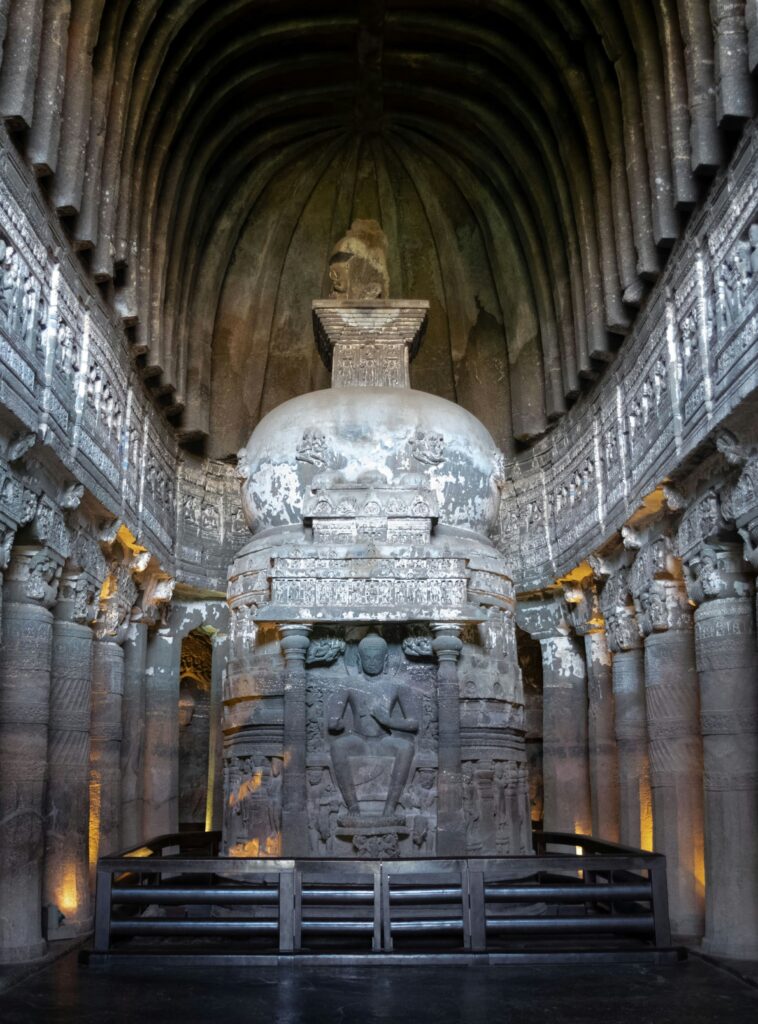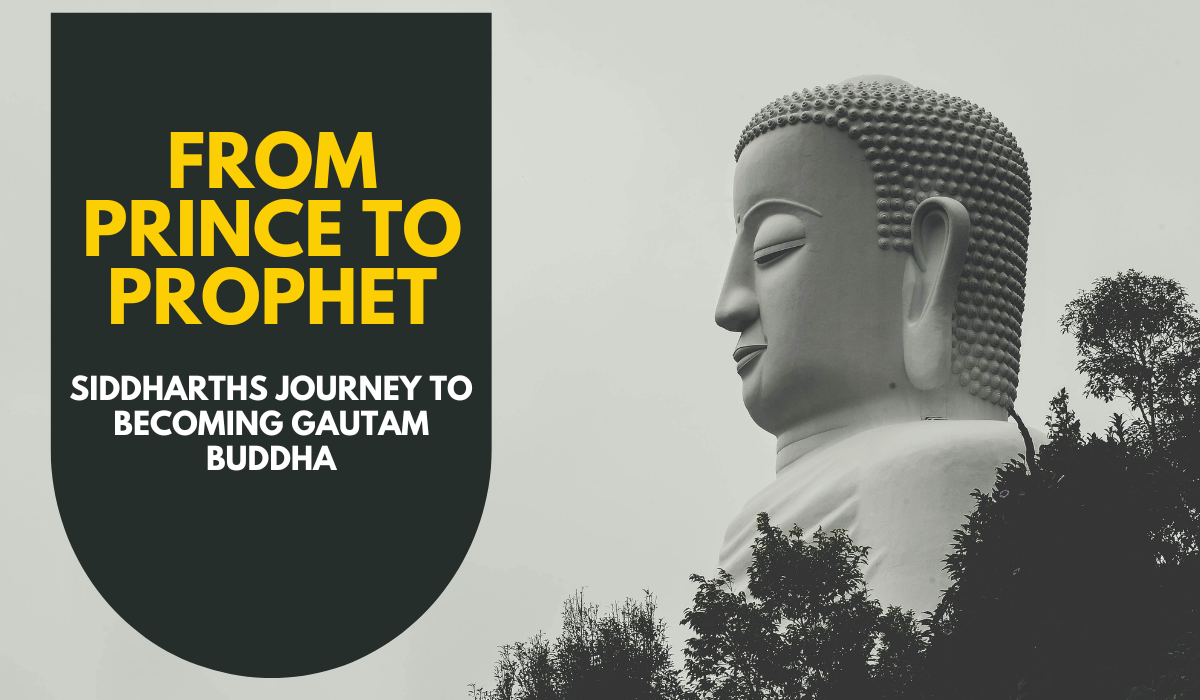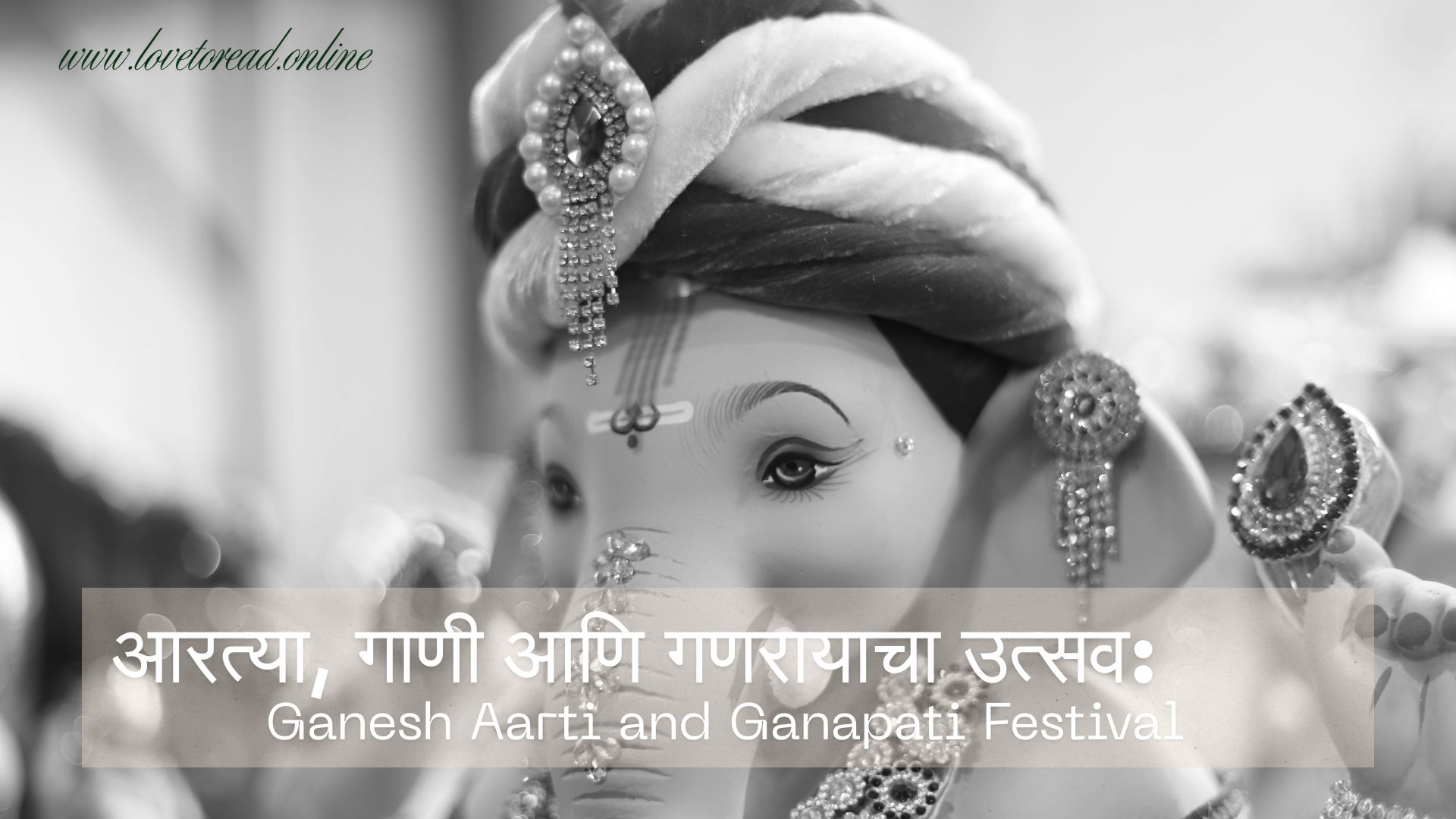Gautam Buddha, also known as Siddharth Gautam, was a spiritual leader and the founder of Buddhism. His life and teachings have profoundly influenced millions of people across the globe for over two millennia. Born in the 6th century BCE in Lumbini, Nepal, his life journey from prince to ascetic to enlightenment exemplifies a timeless quest for understanding the nature of existence and finding inner peace.

Early Life and Spiritual Quest of Gautam Buddha
Siddhartha Gautam was born into a royal family, his father being King Śuddhodana and his mother Queen Maha Maya. Legend has it that his birth was accompanied by auspicious signs, foretelling his greatness. Despite his privileged upbringing, Siddhartha felt a deep sense of disquietude about the suffering he witnessed in the world.
Driven by a profound curiosity about the nature of suffering and the purpose of life, Siddhartha embarked on a spiritual quest. At the age of 29, he renounced his princely status and embarked on a journey of asceticism, seeking enlightenment and liberation from the cycle of birth, death, and rebirth (samsara).
The Path to Enlightenment
For six years, Siddhartha practiced severe asceticism under various teachers, subjecting himself to extreme austerity and self-mortification. However, he soon realized that such extreme practices did not lead to the ultimate truth he sought. Realizing the futility of asceticism, Siddhartha abandoned these practices and turned to meditation as the path to enlightenment.
Siddhartha then famously sat beneath the Bodhi tree in Bodh Gaya, India, and vowed not to rise until he attained enlightenment. After intense meditation, Siddhartha finally achieved enlightenment at the age of 35, becoming the Buddha, which means “the awakened one.”

Teachings and Philosophy
The essence of Gautam Buddha’s teachings revolves around the Four Noble Truths and the Noble Eightfold Path. The Four Noble Truths are:
1. The Truth of Suffering (Dukkha):
Life is inherently unsatisfactory and filled with suffering.
2. The Truth of the Cause of Suffering (Samudaya):
Attachment and desire are the root causes of suffering.
3. The Truth of the Cessation of Suffering (Nirodha):
by eliminating attachment and desire, one can attain liberation from suffering.
4. The Truth of the Path to the Cessation of Suffering (Magga):
The Noble Eightfold Path leads to the cessation of suffering.

Water Fall Fountain with LED Lights Home Decor
- Material: PolyStone
- Size (L x W x H): 25 cm x 25 cm x 37 cm
- Package Contents: Water Fountain With Water Tray And 3 Level speed Adjustable Water Pump With Colourful Led Lights
- Product Appearance – Exactly As Shown In Product Images
The Noble Eightfold Path consists of eight interconnected principles that serve as a guide for ethical and mental development:
1. Right View
2. Right Intention
3. Right Speech
4. Right Action
5. Right Livelihood
6. Right Effort
7. Right Mindfulness
8. Right Concentration
Through these teachings, Gautam Buddha emphasized the importance of mindfulness, compassion, ethical conduct, and meditation as means to attain enlightenment and liberation from suffering.
Legacy and Impact

Buddha’s teachings spread rapidly throughout ancient India and beyond, laying the foundation for one of the world’s major religions, Buddhism. His message of peace, compassion, and non-violence resonated with people from all walks of life, transcending social barriers and cultural boundaries.
The impact of Buddhism has been profound, influencing art, culture, philosophy, and ethics across Asia and beyond. Buddhist art, literature, and architecture bear testimony to the enduring legacy of Buddha’s teachings.

Gautam Buddha’s life and teachings continue to inspire millions of people around the world to seek inner peace, wisdom, and enlightenment. His message of compassion, mindfulness, and ethical living remains as relevant today as it was over two millennia ago. Through his profound insights into the nature of suffering and the path to liberation, Buddha illuminated a path of enlightenment that continues to guide seekers on their spiritual journey towards awakening. As we reflect on the life of Gautam Buddha, we are reminded of the timeless truth that peace and enlightenment are attainable for all who earnestly seek them.











